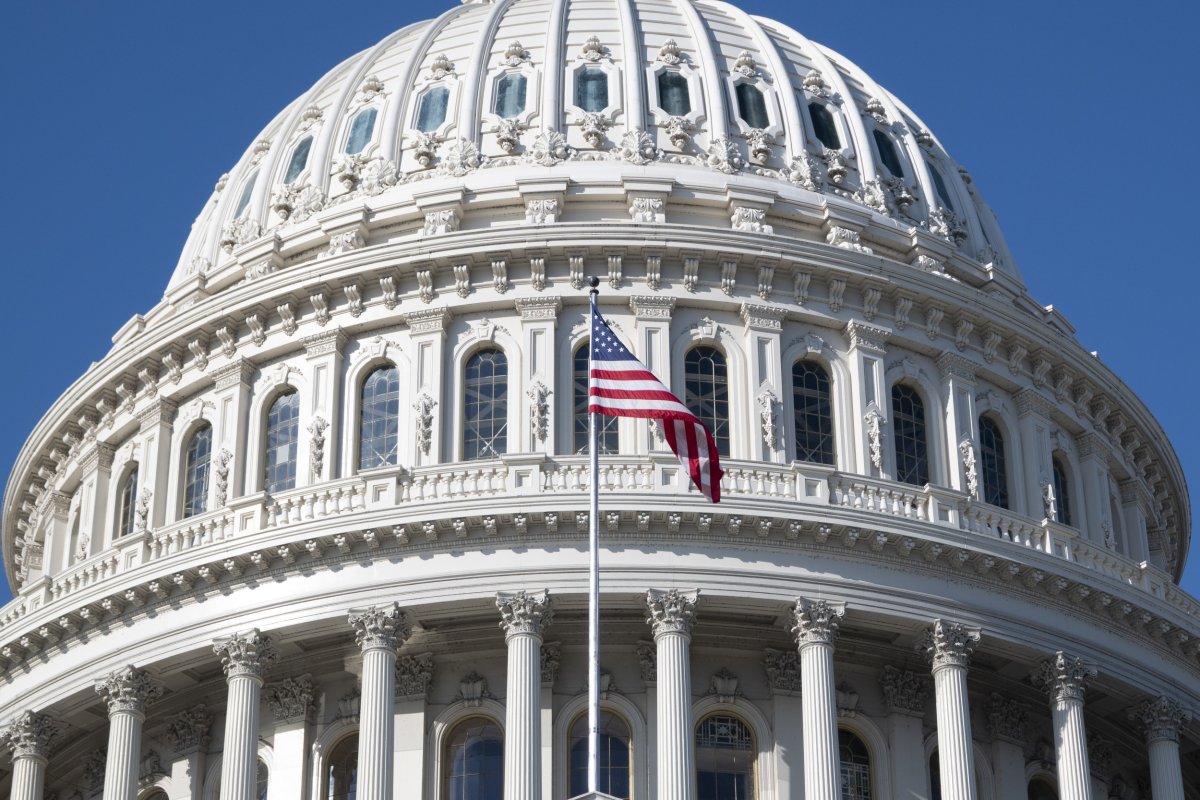A new Gallup poll reveals a troubling statistic: only 33 percent of Americans are satisfied with the nation's position in the world today. This marks a significant drop from 65 percent in 2000. As Donald Trump and Joe Biden—two historically old and deeply unpopular presidential candidates—prepare to compete for America’s top job once again, it’s easy to see why these sentiments are prevalent. America appears to be in a state of decline in multiple areas as we navigate through the 21st century, facing numerous public-policy failures, increasingly dysfunctional politics, and a troubling epidemic of mental health issues among young people.
This situation prompts two critical questions: Is America’s downturn merely a temporary setback in a long history of progress? Or is it, in fact, the first step toward a steep and irreversible national decline? The answers to these questions reside within the American populace. Like every nation, America is fundamentally defined by the hearts and minds of its people. Unfortunately, the trends indicate that things are moving in the wrong direction—outcomes are worsening rather than improving. Tribalism is intensifying, social media is increasingly adept at manipulating human cognition, the flaws in the political system are becoming more pronounced, and the failures of public policy are deepening.
While the remedies to these issues seem straightforward—such as improving civic education, fostering awareness of cognitive biases, and enhancing cross-political engagement—achieving these goals in practice has proven to be quite challenging. As we forge ahead into the 21st century, we face two significant global trends that complicate our ability to reverse this decline. First, technology is evolving at an astonishing rate, bringing both positive and negative consequences. The positive aspects include the democratization of education through the internet and innovations in transportation and medicine. However, troubling developments such as deepfakes, poor cybersecurity, and the rise of artificial intelligence pose serious risks.
Internationally, the complexity of affairs is growing. It took America two centuries to establish its global dominance, yet merely two decades to witness its erosion. As former CIA Director Robert Gates notes, the United States now faces unprecedented security threats, with adversarial nations like Russia, China, North Korea, and Iran posing significant challenges. In the face of these realities, it is imperative for Americans to understand the depth of the challenges we face and consider how we might confront and overcome them moving forward.
What You Will Learn
- The alarming decline in American satisfaction with its global standing.
- The influence of political candidates on public sentiment and national mood.
- The critical questions surrounding America’s future trajectory.
- The challenges posed by evolving technology and international rivalries.
| Category | Details |
|---|---|
| Current Satisfaction Rate | 33% of Americans satisfied with the nation's global position |
| Previous Satisfaction Rate | 65% in the year 2000 |
| Key Political Figures | Donald Trump, Joe Biden |
| Major Concerns | Public-policy failures, mental health issues, tribalism |
| Global Trends | Technological evolution, international complexities |

The essence of America lies in its ability to confront challenges and repair its faults, a notion articulated by Alexis de Tocqueville in the 19th century. Today, as we grapple with significant decline, the question remains: can America rise to the occasion and prove de Tocqueville’s insight true once again?
Maurene Comey: The Federal Prosecutor In The Ghislaine Maxwell Trial
The Growing Squatter Crisis In California: A Homeowner's Dilemma
Veterans' Voices Against Donald Trump: A Call To Action


